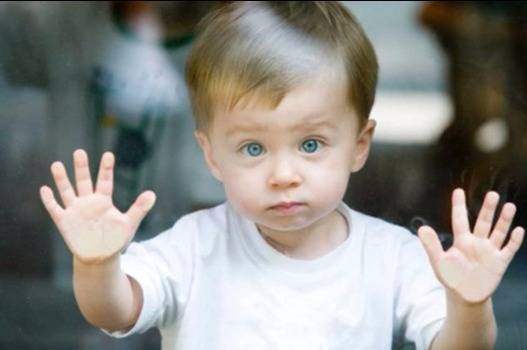
Understanding Behavior in Kids with Autism
5 Jan 2016 | 3 min Read
paromita majumdar
Author | 2 Articles
Since last 16 years, every morning I get up prepared to face a new challenge with my son and also of the other 70 kids of my school having Autism Spectrum Disorder. The parents and families are always worried and are in stress with the challenging behavior of children with ASD.
Whenever we think or talk about our children the topic on behavior inevitably comes to our mind and then we start thinking how to tackle or handle them? Before we ponder or worry, the most important question which needs to be answered “Why do kids with autism do that”?
The causes that may trigger the behavior are:
1. Since many ASD children have difficulty in communication, they often try to express themselves through that behavior.
2. Autistic kids often have problem with change of routine. They often like predictable environment, even at times they get upset with the change of furniture in the house.
3. Anxiety
4. Poor or no sleep.
5. Lack of social understanding
6. Sensory sensitivities
7. Sensory overload
8. Transition is sometimes a problem for the autistic kids. They may sometimes not understand that it’s time to move from one activity to another.
9. Challenging Behaviors are also because of some medical reasons like epilepsy, depression or, obsessive compulsion disorder.
Many behaviors also are responses to previous experiences. If the child learns that shouting, screaming or hitting gets him out of a difficult situation, he might do it in future to escape from doing a given task. How we respond to the behavior can reinforce that behavior. It has a significant effect on what he does the next time around in a similar situation.
There are several kinds of challenging behavior but it is important to start working with the less challenging behavior first, so that we are able to achieve success in managing it.
Study the ABC of that particular behavior thoroughly:
1. Antecedent – What triggers the behavior
2. Behavior – How the child responds to the trigger
3. Consequence – What your child gets out of the behavior
This analysis may be able to help improve that behavior over time. Remember – Never say “NO” to any behavior; saying “NO” again and again can reinforce the behavior.
Sometimes, we as parents classify certain behavior as challenging because we, as individuals or as a society find them difficult to accept. When thinking of your child with challenging behavior, it is also important to consider his positive features and strengths. Show respect for your child’s thoughts, feelings and agree that he understands far more. It is very important to build your child’s trust and self esteem. Take care not to speak about him in his presence. Never criticize about his behavior in front of others.
What we as parents need, is to take care of ourselves with healthy food, regular exercise and enough rest which will help us to be in good shape to take care of our autism-affected child.
“There needs to be a lot more emphasis on what a child can do instead of what he cannot do” – Temple Gradin
Also read more about: Early Signs Of Autism: What Must You Know?
A


Suggestions offered by doctors on BabyChakra are of advisory nature i.e., for educational and informational purposes only. Content posted on, created for, or compiled by BabyChakra is not intended or designed to replace your doctor's independent judgment about any symptom, condition, or the appropriateness or risks of a procedure or treatment for a given person.
